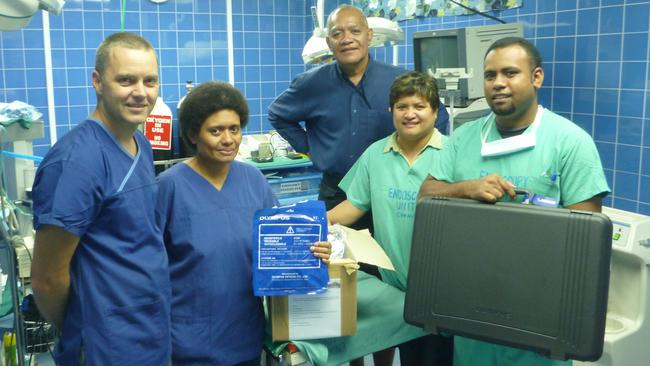
A recent survey found that a shocking 74 percent of Americans experience digestive issues on a regular basis. Symptoms like diarrhea, gas, bloating, and even abdominal pain were reported by both sexes, at all ages, and in all ethnic and racial groups. With that said, only a fraction suffers from a real digestive disease. According to new numbers, about 30 million Americans are diagnosed with gastrointestinal (GI) disorders each year.
The Dilemma
Because the aforementioned symptoms are common, people often ignore them. They may use over-the-counter medications to manage their discomfort and pain. However, if they have a digestive disorder or disease,www.stuartakermanmd.com those drugs will not treat the underlying issue. Only licensed gastroenterologists can prescribe the medicines they need.
Serious Symptoms
You might be able to overlook or explain away a mild stomachache, but when your condition worsens, you should seek medical help. Here are a few of the most serious symptoms of GI disorders:
– Chronic diarrhea
– Rectal bleeding
– Anal leakage of feces
– Sudden change in bowel movements and/or habits
– Light-colored stool
– Inability to control or resist bowel movements
– Dark-colored urine
– Persistent abdominal bloating or pain
– Heartburn (acid reflux) that lingers after every meal
– Lack of energy/lethargy
– Throat discomfort or pain
– Excessive, uncontrollable belching and/or flatulence
– Loss of appetite
Specific Conditions
As sensitive as our GI tracts may be, there are only a handful of disorders that affect them.
Heartburn
Caused by acid regurgitation into the esophagus, heartburn is a form of indigestion almost all of us have experienced. Nevertheless, when we get frequent bouts of it for six months or longer, gastroenterologists can help. In most cases, patients are prescribed proton pump inhibitors (PPIs) to treat the problem.
Inflammatory Bowel Disease (IBD)
Millions of Americans suffer from conditions that cause inflammation of the intestines. A group of disorders that includes Crohn’s disease and ulcerative colitis, inflammatory bowel disease can cause life-threatening complications. For this reason, gastroenterologists tend to treat the condition aggressively. They might prescribe a combination of anti-inflammatory drugs, immune system suppressants, and antibiotics to fight the inflammation.
Irritable Bowel Syndrome (IBS)
Twenty percent of American adults report IBS symptoms. However, because gastroenterologists have been able to find an organic cause for the condition, it is not accepted as a true GI issue. With that said, all IBS sufferers report digestive issues, including cramping, bloating, diarrhea, constipation, and gas. In most cases, doctors recommend a series of dietary and lifestyle changes to treat the problem without medication.
Celiac Disease
An autoimmune disorder that inhibits the body’s ability to process gluten, Celiac disease affects about two million Americans. Common symptoms include diarrhea, gas, stomach pain, fatigue, weight loss, and itchy skin rashes. Because there is no cure, the only treatment option is to switch to a gluten-free diet.




